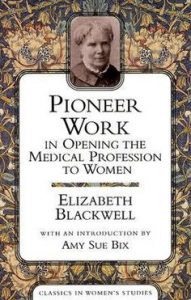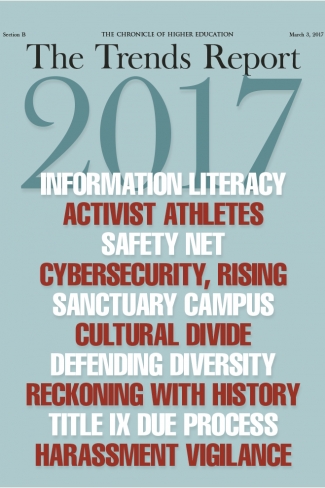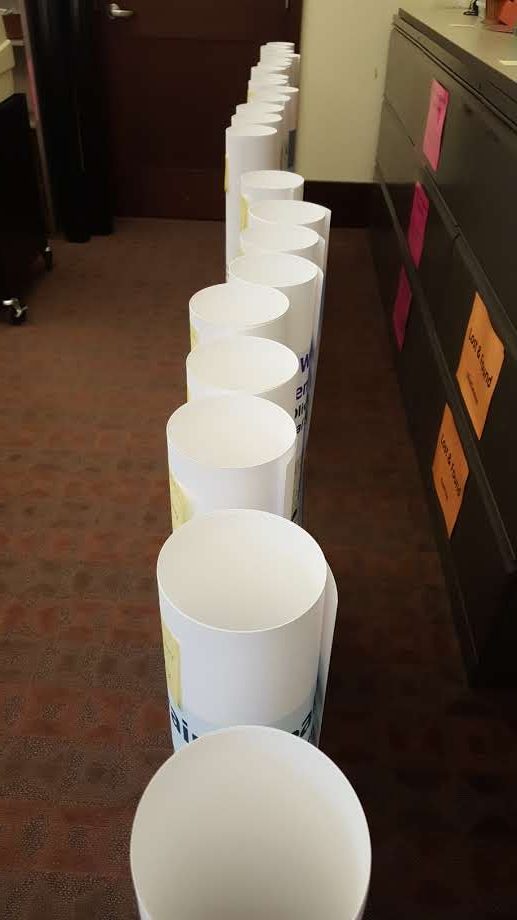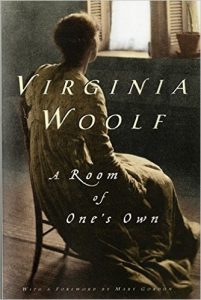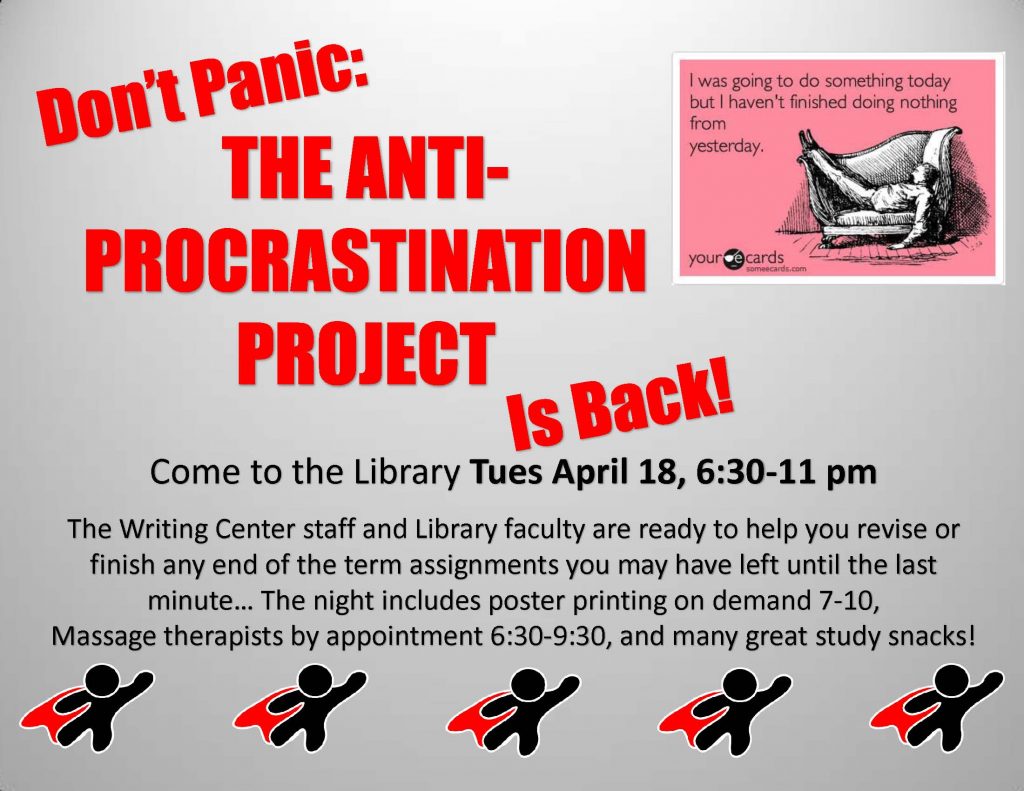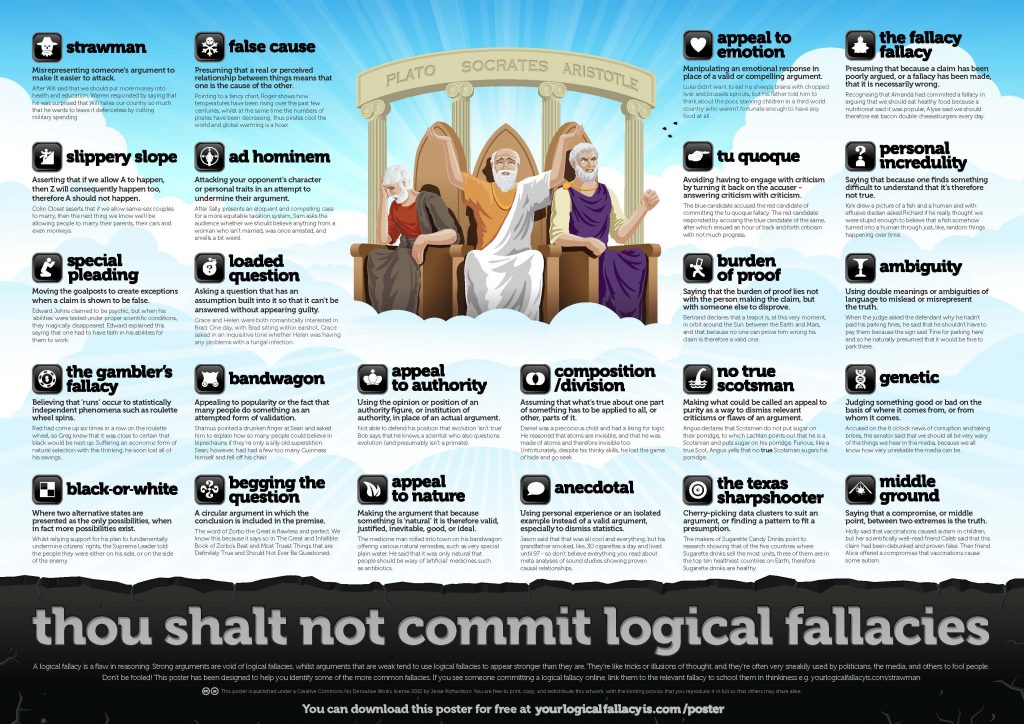The library has recently acquired access to some excellent scholarly databases that we hope will be useful to your students, as well as for your own research. These are linked and described below. Please let your liaison librarian know if you have any questions.
In addition, our video streaming service, Kanopy, continues to add some amazing content. A recent list of new titles is available here.
Eighteenth Century Collections Online (ECCO)
http://find.galegroup.com/ecco/start.do?prodId=ECCO&userGroupName=uiuc_iwu
Based upon the English Short Title Catalogue, ECCO offers access to the most comprehensive online library of 18th century book titles printed in the United Kingdom. Full-text searching across all 26 million pages, including books and directories, Bibles, sheet music, sermons, advertisements, and works by celebrated and lesser-known authors. Includes rare works from women writers of the 18th Century, collections on the French Revolution, and numerous editions of the works of Shakespeare.
Independent Voices
http://voices.revealdigital.com/
A digital collection of alternative press newspapers, magazines and journals, drawn from the special collections of participating libraries. These periodicals were produced by feminists, dissident GIs, campus radicals, Native Americans, anti-war activists, Black Power advocates, Hispanics, LGBT activists, the extreme right-wing press and alternative literary magazines during the latter half of the 20th century.
Nineteenth Century U.S. Newspapers
http://find.galegroup.com/ncnp/start.do?prodId=NCNP&userGroupName=uiuc_iwu
A full-text database of American newspapers published between 1800 and 1900. The complete content of each issue is available, including advertisements, serialized fiction and book reviews. Articles or full-page images may be printed, emailed, or saved in PDF format.
Sabin Americana
http://galenet.galegroup.com/servlet/Sabin;jsessionid=E99F2AEE8BA733F47929F7C6D9DF95C1?locID=uiuc_iwu
A comprehensive collection of works about the Americas from the time of discovery through the early 20th century. It provides original accounts of discovery and exploration, pioneering and westward expansion, the U.S. Civil War and other military actions, Native Americans, slavery and abolition, and religious history; includes valuable primary documents to support research in the areas of history, political science, anthropology, women’s studies, religious studies, Latin American/Caribbean studies and more.
Slavery and Anti-Slavery: A Transnational Archive
http://find.galegroup.com/sas/start.do?prodId=SAS&userGroupName=uiuc_iwu
Contains 5.4 million cross-searchable pages, from collections published through partnerships with the Amistad Research Center, the Bibliothèque nationale de France, the British Library, the National Archives in Kew, Oberlin College, the Schomburg Center for Research in Black Culture, the University of Miami, the University of North Carolina at Chapel Hill, and many other institutions.
Times Digital Archive, 1785-1985
http://find.galegroup.com/ttda/start.do?prodId=TTDA&userGroupName=uiuc_iwu
Provides access to the entire newspaper, with all news articles, advertisements and illustrations/photos, editorial and commentary, and features. A valuable primary source tool for history, social science research, arts, and humanities courses.


